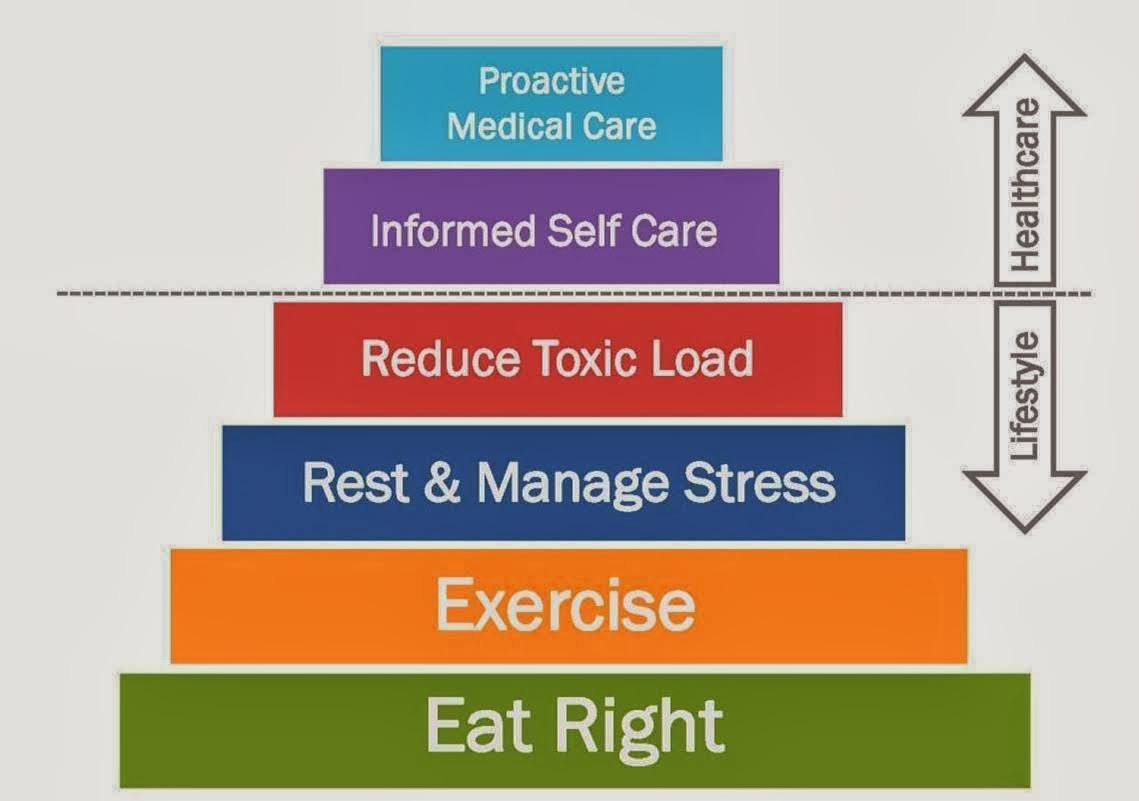In this 2-part series, we take a look at the elements of wellness and the areas involved in disease and health.
Wellness is represented as a state of health related to your lifestyle, and takes a proactive and preventative approach to achieve optimum health. It is an active process through which we make choices to provide for weight control, proper nutrition, exercise, and controlling risk factors such as drug and alcohol abuse and smoking.
It is essential for us to be educated and take charge of our habits and daily choices, as they have a paramount influence on our health. Medical care is not the answer to a healthy lifestyle; consistent self-care is!
The Holistic Wellness philosophy maintains that each individual is comprised of body, spirit and mind, and all of these components must be taken into account for a person to be well.

Wellness is broken down into the following components:
1. Mental
Thinking patterns, feelings, beliefs and behaviour is a factor in health. Positivity is empowerment. Positive thinking puts you in control, provides you with answers and a way out of problems.
Negativity only strips you of self-empowerment.
2. Spiritual
It is important to look for the good in all things in life. Everything happens for a reason, and there is always an important lesson in all things.
3. Physical
Health involves taking care of your body. Good nourishment, exercise and good body composition are important for physical wellness.
Your body is a temple.
4. Nutritional
You are what you eat, so make sure your food choices are such that you eat for optimum health!
5. Life Skills
In order to go through life with success, you need the proper tools and ‘know-how’ to navigate it.
6. Sleep
A very overlooked factor in many individuals’ lives. A good night’s rest is needed to refuel, recuperate, prepare you mentally and physically, to grow and heal.
Now that you have a better perception of wellness, remember that it is an active process.
Don’t wait for others to fix your problems. Be actively involved in your overall health to achieve a balance. Ask questions and learn from your health care providers.
A health professional is only there to help facilitate the healing process – your body, spirit and mind do all the healing.
Lastly, an ounce of prevention is worth a pound of cure.
Look out for the next installment of Wellness (Part 2), where we take a look at physical wellness and fitness!
Author:
- Letitia Kleynhans [Personal Trainer]














